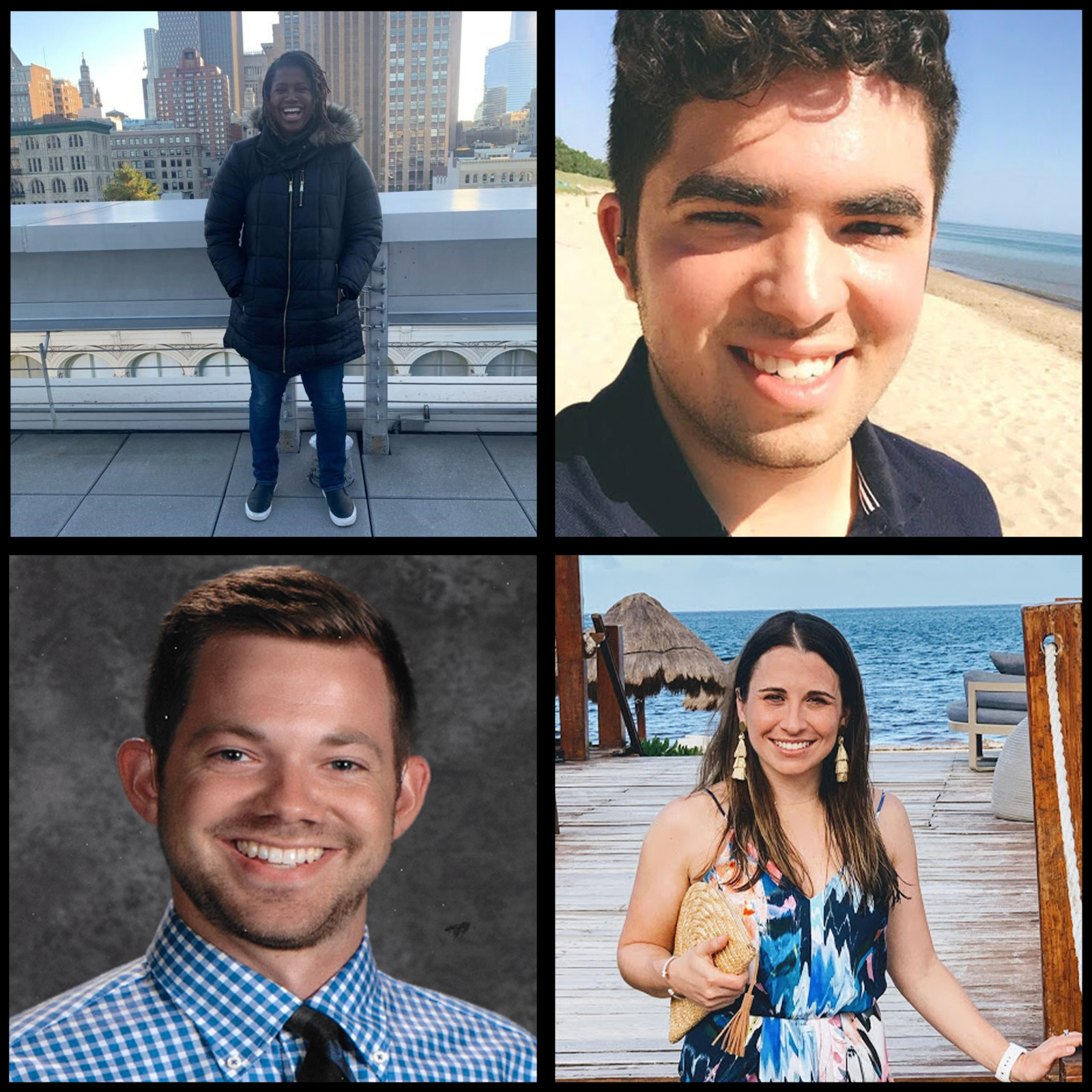8 Self-Advocacy Tips for the Holiday Season
Written By: Melody Bertrand
 For individuals who are deaf and hard of hearing, there is no shortage of self-advocacy strategies one can use on a daily basis. However, during the holidays, those strategies may not be enough. As is common this time of year, large parties, extra social gatherings, family dinners, and even outings to loud, noisy places can be a challenge. AG Bell sat down with four former Leadership Opportunities for Teens (LOFT) Counselors—Jessica Hoffman, Jasmine Simmons, James Barden, and Jake Krevda—to find out their best strategies for self-advocacy during the holidays. Here are their top 8 tips for engaging in social situations.
For individuals who are deaf and hard of hearing, there is no shortage of self-advocacy strategies one can use on a daily basis. However, during the holidays, those strategies may not be enough. As is common this time of year, large parties, extra social gatherings, family dinners, and even outings to loud, noisy places can be a challenge. AG Bell sat down with four former Leadership Opportunities for Teens (LOFT) Counselors—Jessica Hoffman, Jasmine Simmons, James Barden, and Jake Krevda—to find out their best strategies for self-advocacy during the holidays. Here are their top 8 tips for engaging in social situations.
1. Be Upfront
Being open and honest from the beginning is the first and most clear self-advocacy strategy our panelists identified, both in everyday life and especially during the holidays. “For me, I like being upfront with people whenever I have issues hearing them or understanding them,” said Krevda. “Saying, ‘I’m going to miss things.’ ‘I’m going to ask you to repeat yourselves.’ ‘Just be patient with me.’, helps set expectations.”
Hoffman agreed. “If I really don’t understand something that someone tells me, then I just let them know,” she said. “I’m always quite open about my hearing loss. I find being honest and persistent with the people around you is very important.”
“I am always upfront with people that I have a hearing loss, so that way they are aware from the get-go,” added Simmons.
“It’s really about setting expectations,” noted Barden. “Saying that you’re going to ask the person to repeat themselves, and to not let them get away with saying ‘never mind’.”
2. Utilize Technology
Fortunately, there are many technology options available to help fill in the sound gap. “I have my [Phonak] Roger Pen and I show it to people to say, ‘Hey I have a hearing loss. It’s okay, this helps me hear you better’,” said Simmons.
“I have been using a personal Roger FM systems in the last couple years,” said Hoffman. “Having that is a great visual for people to make it more obvious for them to slow down while talking, and maybe make them more willing to repeat themselves.”
There are other options too beyond personal FM systems. Barden added, “In a noisy situation, like a bar, I’ll open the notes app on my phone and ask my friend to type whatever they’re trying to say instead of asking ‘what?’ two or three times. That helps conversations go along in those situations.”
Simmons agrees. “I find it really helpful in certain situations. Especially if it’s a group conversation and I’m missing out. Someone can quickly write on my phone to fill me in and that way I can get back on track with the conversation.”
Hoffman also added many hearing aids and cochlear implants can have pre-programmed settings for different noisy environments that can be established by your audiologist. “Noise programs are designated for restaurants or other environments. So you can try different noise control settings on the processor. I personally like messing around with the different noise controls on my implants, I find that helpful especially in those situations.”
Simmons agreed. “I like having multiple programs so I can choose the best program for a noise setting. I don’t remember what my programs are designated for…I just click through until I think, ‘Okay, this one is best’ and go on with my day. It’s just a click of the button. Or you can manage the settings on your remote control or on your phone.”
3. Adjust your seating arrangements.
Ask the host to seat you in a place where you can best hear and see everyone, or even beside someone who will help you fill in the gaps. “Find a way to sit at the dinner table with people you are most comfortable with, that you understand them the most, and maybe that person will be able to pause and tell you or update you on what everyone else is talking about at the table,” suggested Hoffman.
“Make sure your better ear is facing the family. I’m always making sure people are on my better side so that way I can maximize that conversation,” added Simmons.
Barden noted, “If I can find a place where I can just see everyone then that allows me, with the conversation bouncing back and forth, to follow it a little bit more easily.”
Krevda agreed. “I always try to make sure my back is to the wall…it’s much easier to understand when there is nothing behind me noise wise.”
“It’s okay to ask people to change seats if you want to sit by people towards the good ear or be away from where the music is blaring, or ask people to even turn it off,” said Hoffman.
4. Engage in Small Groups
 During large gatherings, people tend to engage in smaller groups. It can be easy to find a smaller group to visit with. As Simmons noted, “People will be in different rooms, so I will just go and interact with the people I want to interact with. And move on to the next person, but just move to a quieter location so that way you can actually maximize the conversation as well.”
During large gatherings, people tend to engage in smaller groups. It can be easy to find a smaller group to visit with. As Simmons noted, “People will be in different rooms, so I will just go and interact with the people I want to interact with. And move on to the next person, but just move to a quieter location so that way you can actually maximize the conversation as well.”
5. Take Listening Breaks
Another great tip was to take listening breaks. It can be hard in long, noisy gatherings to always be ‘on’. “I find that it is reasonable to take listening breaks because I think every person gets tired of just having to attend, be constantly around trying to figure out what people are saying. I sometimes take a listening break or turn myself off for a couple minutes,” said Hoffman.
Added Barden, “For me, my version of listening breaks is going into the next room, being on my phone and scrolling for three to five minutes and just recharging, then going back into the party.”
6. Overexaggerate
Sometimes, it also helps to create more visual cues that you are having trouble hearing clearly. Even overexaggerating may help get the point across. “If I don’t hear something, I will do the same thing. I will point to my ear and say, ‘Say that again.’. People get the point pretty quickly,” observed Barden.
Hoffman agreed. “Just maybe use some visual cues, you know, like having that FM system, but also maybe holding your hand to your ear, like ‘I am not quite hearing you.’. Have a more confused expression.”
7. Prepare to Repeat Yourself…Often
When visiting with family and friends who don’t see you on a regular basis, expect to remind them of the hearing loss. Often. “When I see my extended family, I have to remind them about my hearing loss…to make sure I am in the middle [of the group] and can see everybody,” says Krevda. “So I guess I am more upfront and forceful sometimes with family or people that may not be around you all the time.”
8. Practice Confidence
At any point in time, whether it’s everyday life or the busy holiday season, being confident and comfortable about your hearing loss has a huge impact on how people interact with you. “The more comfortable you are with your hearing loss, the more people will perceive it not as awkward,” said Simmons.
“I think it’s about how if you feel awkward or just uncomfortable with your own hearing loss, I think people are going to see that and they’re going to also think you’re uncomfortable with yourself. And they’re less likely to want to talk to you or talk about other things. I try to always be open and excited about it,” added Hoffman.
Krevda agreed. “The one thing I found over the years is the more confident you are, the more receptive people are. And hearing what you need, advocating for yourself creates more confidence about your hearing loss.”
Barden offered this advice, “I think a lot of people that don’t interact with people with hearing loss are uncomfortable with the idea of hearing loss or talking to someone with hearing loss. I think a lot of people are hesitant to offend and by being hesitant to offend, they may be hesitant to ask, ‘What communication style works for you?’ ‘Is it too loud in here?’ I think by advocating for yourself, you can help other people be less uncomfortable and in turn create a better situation. It really depends on the other person, but I think being as open as you feel comfortable being goes a long way.”
 Panelists*
Panelists*
Dr. Jessica Hoffman works as an audiologist for a cochlear implant program and an ENT practice in Westchester, N.Y. and uses bilateral cochlear implants.
Jasmine Simmons is currently studying audiology at Robert Wood Johnson Medical School at Rutgers University and uses bilateral cochlear implants.
James Barden works at Boston University in operations and uses bilateral cochlear implants.
Jake Krevda is a high school teacher who enjoys watching and playing sports. He uses bilateral hearing aids.
*All four panelists have participated as LOFT Counselors in the AG Bell LOFT program for teens. For more information, visit www.agbellloft.com
